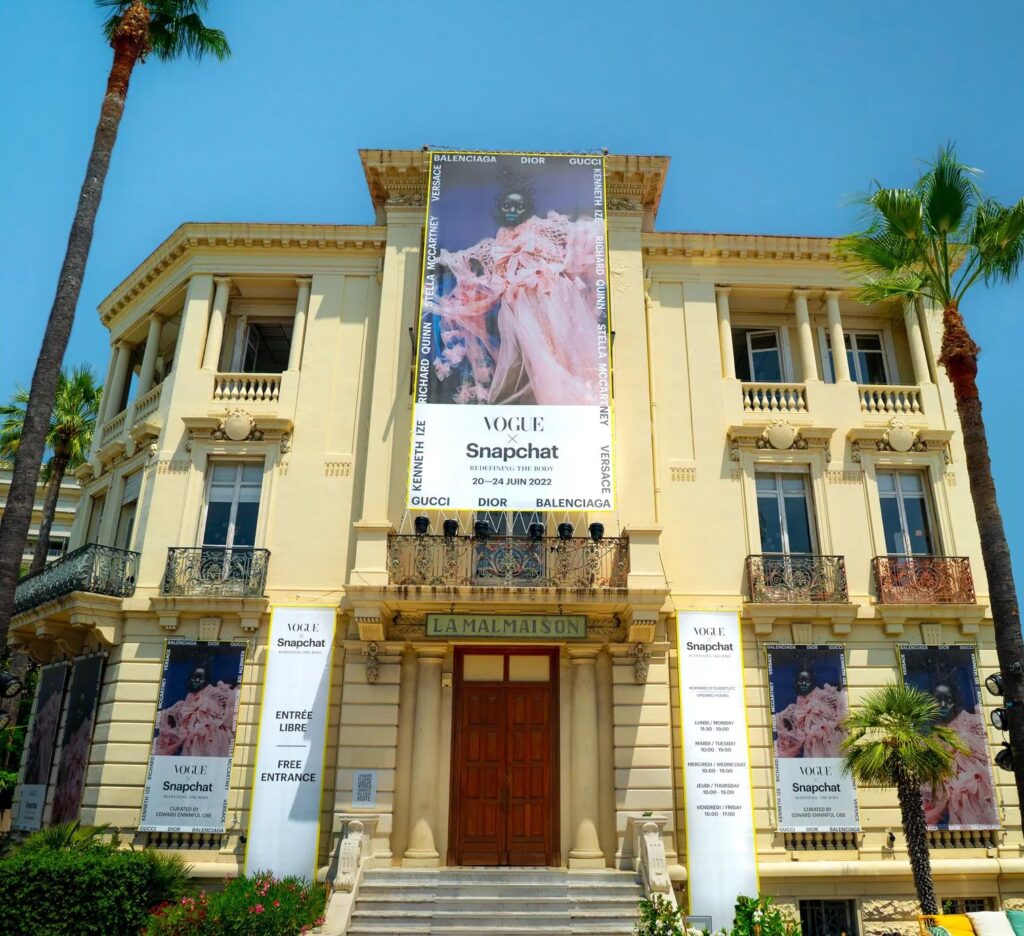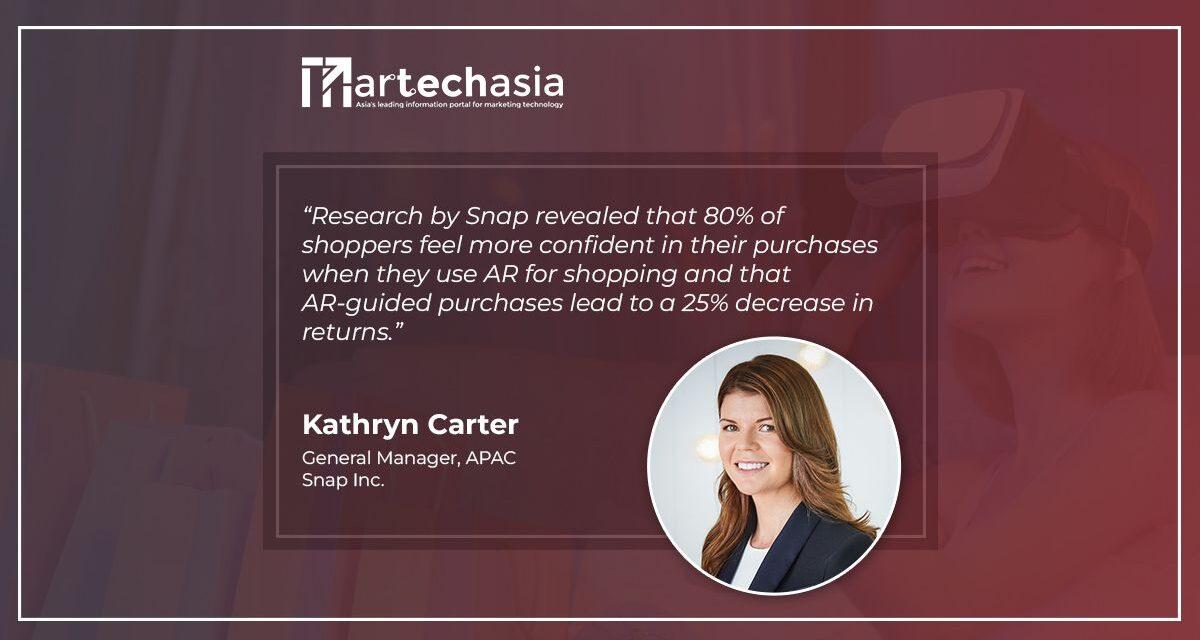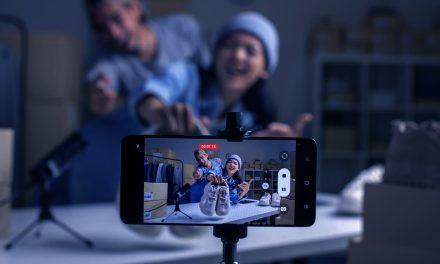Kathryn shares how luxury brands are changing the game using AR and why more brands should do so.
With the largest consumption of personal luxury goods in the world, Asia Pacific (APAC) is an important market for global luxury brands. Valued at $377.7 billion in 2021, APAC was forecasted to be the second fastest-growing region over the next five years. Furthermore, as mobile commerce sales make up over half of the total e-commerce globally in 2021, it is now more important than ever for luxury brands to adopt new digitalization strategies to keep up with renewed consumer expectations and nurture a deeper level of connection with their customers.
Despite the many benefits online retail brings, there remain questions as to how the in-store luxury shopping experience can be recreated online – How can we replicate the same personalized and elevated in-store experience with the convenience of digital media?
Augmented reality (AR) is the solution and let me tell you why. Fashion accessories including jewelry, watches, clothing, and footwear can be replicated and conveniently tried on using AR technology from the comfort of our homes.

AR allows consumers to virtually interact with and try-on various clothing, accessory and makeup choices using the power of the smartphone. High-end retailers, like Dior, Louis Vuitton, MAC Cosmetics and Estée Lauder amongst many others, are also onboard and experimenting with Snapchat’s AR technology to provide omnichannel experiences for their customers. This year Snapchat and Vogue partnered to launch a customer fashion AR exhibition with brands including Balenciaga, Dior, Gucci and Stella McCartney in Cannes. The AR exhibit illustrated how physical fashion designs can be enhanced and transformed through innovative digital experiences.

Reinventing the try-on experience with AR
For a long time, one of the biggest challenges with online shopping is not being able to physically interact with the item and properly visualize how they would look on the buyer. Fast forward to today, consumers have the option to conveniently use their smartphones to try on products in different colors – all in a few swipes using AR.
For example, Dior recently launched its new B27 sneaker range in Augmented Reality, and successfully drove sales on its website – the AR Lens generated a return on investment of 6.2X. In addition to promotion via paid advertising, Dior generated over 2.3 million views of their AR try-on experience via their Business Profile. With 28% (and an increasing number of) shoppers ready to substitute in-person experiences with AR, luxury brands now have the opportunity to reinvent the in-store try-on experience for affluent shoppers that want an experience that is personalized and seamlessly integrated from online to offline.
Reducing returns
Another common barrier to online luxury purchases is the fear of returning a high-value item that does not fit. Working with AR helps luxury brands and shoppers to assess fits more accurately, reducing returns as a result. Research by Snap revealed that 80% of shoppers feel more confident in their purchases when they use AR for shopping and that AR-guided purchases lead to a 25% decrease in returns.
Additionally, this also presents an opportunity for luxury brands to reach out to more regional and remote shoppers who may not be able to visit physical stores. Leveraging AR allows shoppers to build greater confidence in making high-end purchases while brands earn the trust of consumers by providing a more personalized experience.
Engaging the right audiences
It was reported that the increase in internet penetration among local millennials and Gen Z in APAC has facilitated the growth of APAC luxury sales. As such, brands need to build more engaging experiences for these younger affluent shoppers in an environment they are most comfortable with. This generational shift has seen the internet and technology becoming a more integral part of the purchasing process. To attract these audiences, luxury brands have to reimagine retail catered for millennial and Gen Z customers. AR is a powerful tool that will shape the future of shopping. With that, there lies an opportunity for the luxury industry to utilize AR to the best of its potential and consider what AR can do for their brands to cater to the new generation of digital-native shoppers.



















